

RECAF
Climate-Resilient Animal Fund
The Climate-Resilient Animal Fund (RECAF) aims to develop climate-smart livestock technologies and business models for climate change mitigation and adaptation in Africa. Jointly funded by IDRC and the Gates Foundation, this six-year partnership (2022–2028) is helping smallholder livestock farmers of all genders to improve animal productivity, lower emissions intensity and adapt to changing weather in sub-Saharan Africa. In doing so, RECAF aims to respond to the harmful impacts of climate change through research that supports healthy livestock for essential nutrition and sustainable livelihoods.
idrc-crdi.ca/en/initiative/climate-resilient-animal-fund
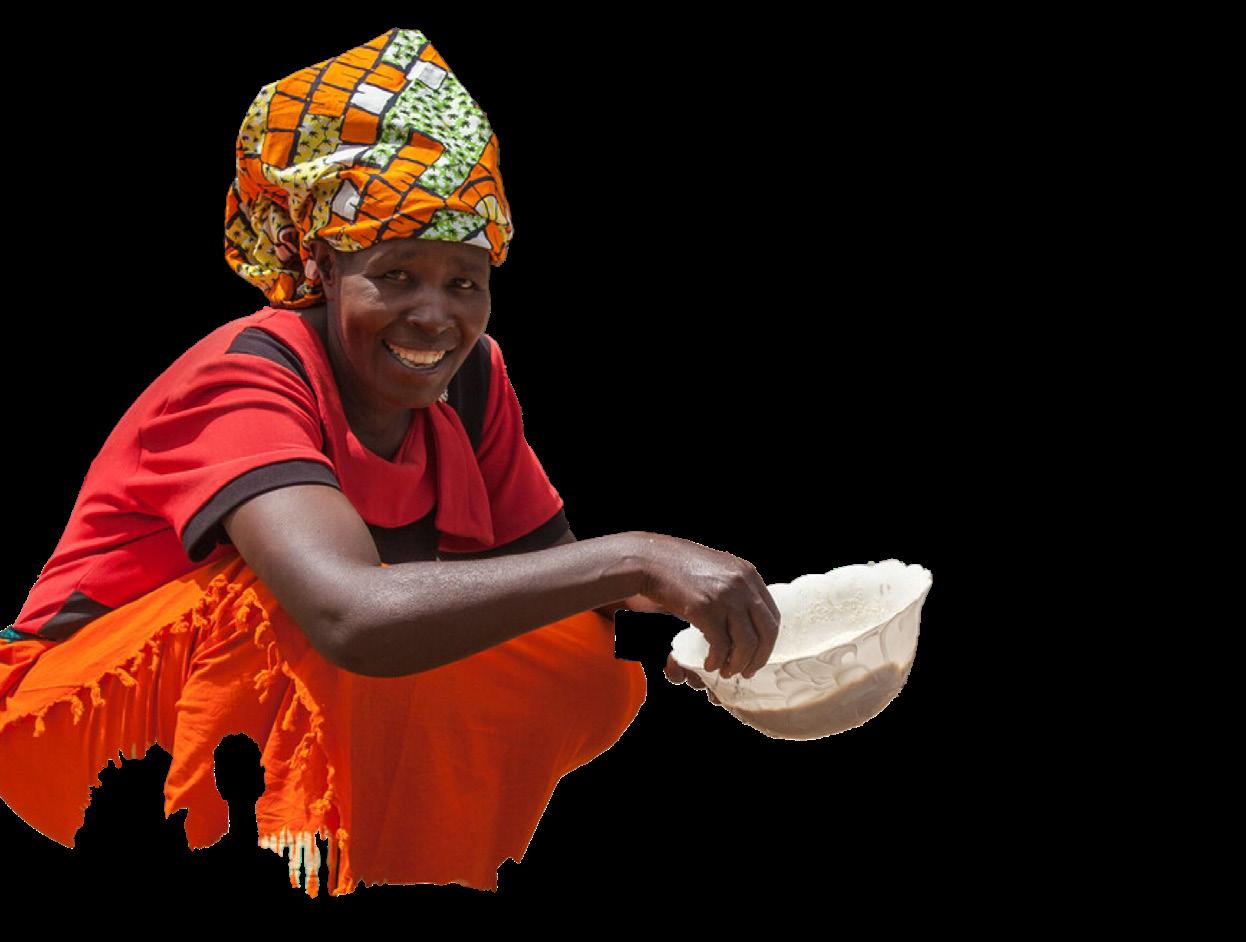
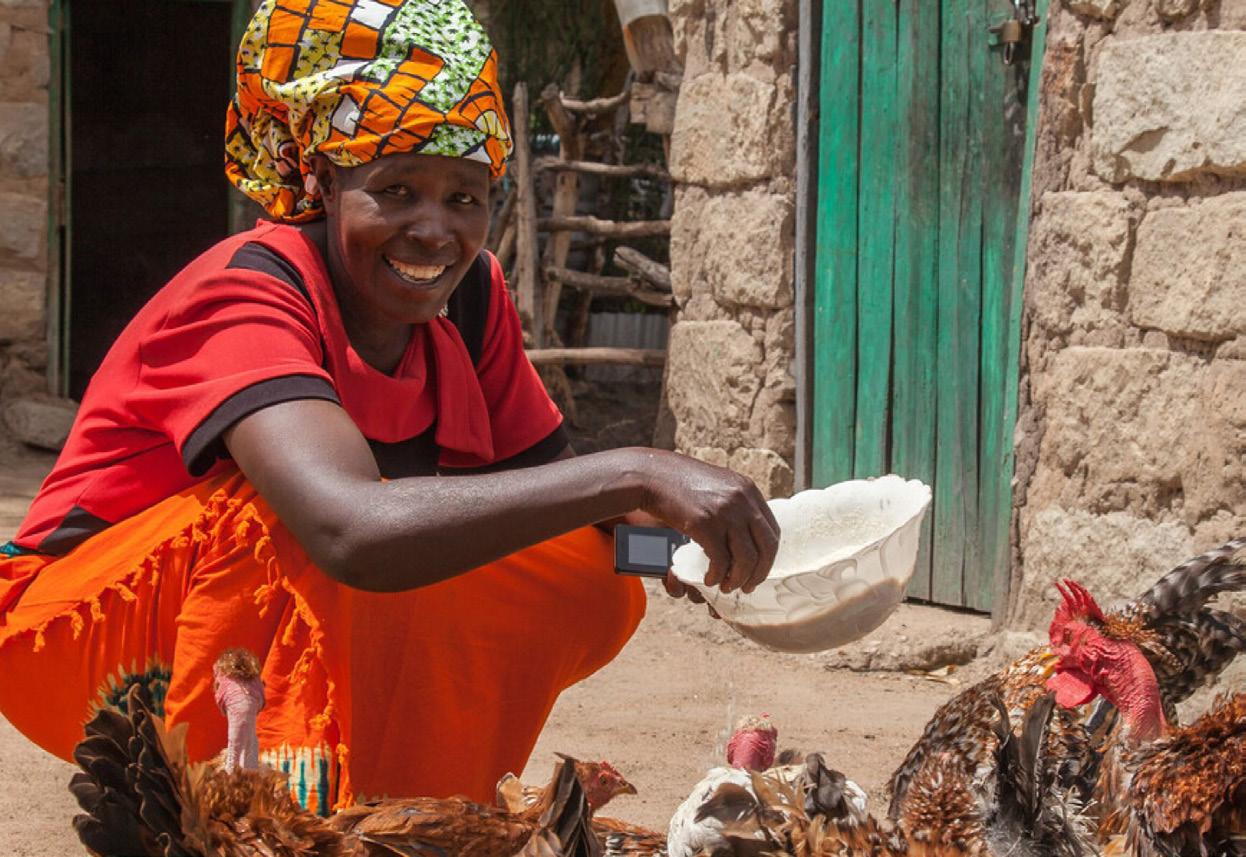
Climate change is disrupting livestock productivity in sub-Saharan Africa
Climate change is taking a toll on sub-Saharan Africa, with rural livestock systems among the hardest hit. Rising temperatures, erratic rainfall and new disease patterns are lowering livestock productivity, resulting in lower meat and milk yields, reduced reproductive efficiency and lower growth rates.
The consequence? Climate change is putting essential nutrition at risk for millions of people and threatening the income of smallholder livestock farmers. Climate change disproportionately affects smallholder livestock farmers who depend on healthy animals for their livelihoods and food security.
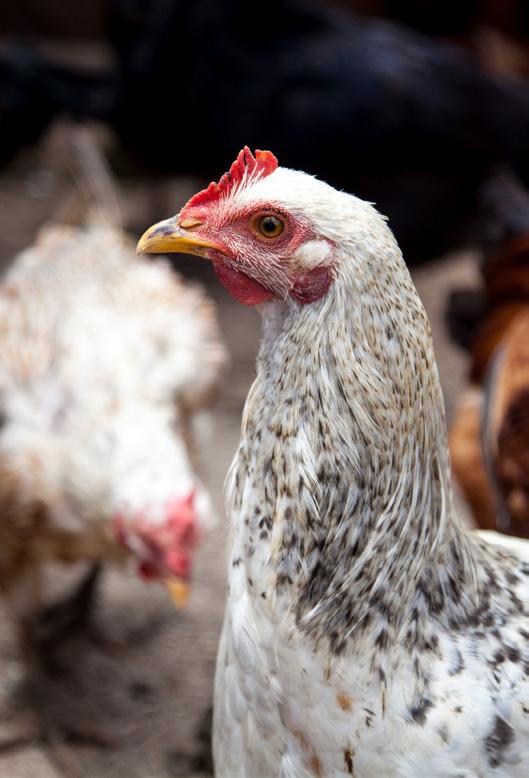
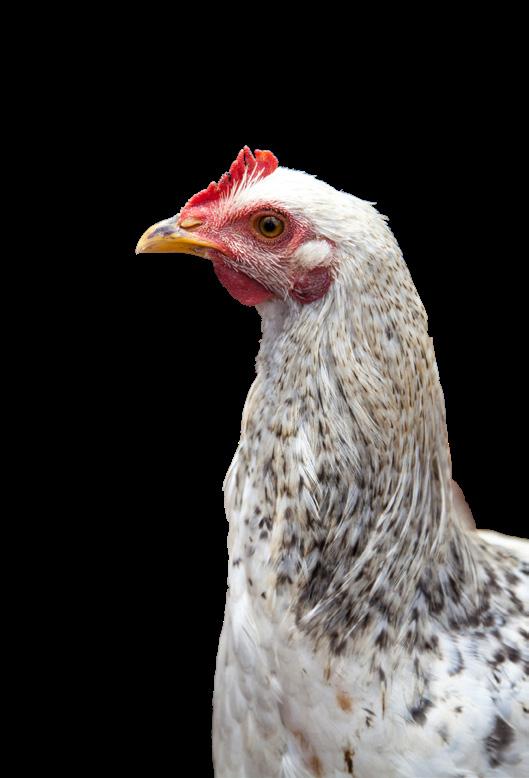
Climate change and livestock in numbers
70% of rural households in sub-Saharan Africa depend on livestock1

Only 4% of global greenhouse gas emissions come from Africa — yet Africa suffers the most from climate change
Less than 3% of global climate finance goes to agriculture — and livestock gets a fraction of that
1 Mekonnen, D. (2020). “Livestock and Rural Livelihoods in Sub-Saharan Africa.” African Journal of Agricultural Research, 15(5), 459–469.
Climate-smart livestock technologies
Climate-smart livestock technologies are practical tools and techniques that help animals survive and thrive in hotter, drier, less predictable climates — while producing less pollution. These solutions boost productivity and sustainability, lower greenhouse gas emissions and promote climate adaptation and resilience to climate shocks.
greenhouse gas emissions

Climate-proofing livestock through smart solutions
Climate-smart livestock technologies and solutions can support higher yields and better outcomes — for animals, humans and the planet.
• Improved breeds: Animal breeds that produce more and are more resistant to heat or drought
• Manure management: Converting manure into energy, composting and reducing emissions
• Digital tools and data: Livestock monitoring apps, smart collars and climate advisories for more informed decisions
• Animal health: Vaccination programs, disease monitoring and early warning systems for climate-related disease outbreaks
• Improved feeding: Drought-resistant grasses and legumes, feed additives
• Grazing and pasture management: Rotational grazing for reduced land degradation and improved biodiversity features
• Inclusive business models: Affordable, sustainable and mutually beneficial models to support smallholder farmers, especially marginalized groups including women and youth
How RECAF is advancing climate mitigation and adaptation through climate-smart livestock technologies
RECAF directly invests in:
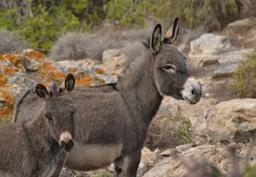
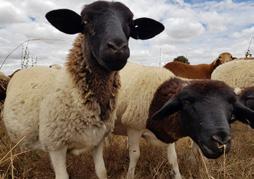
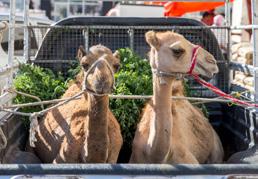

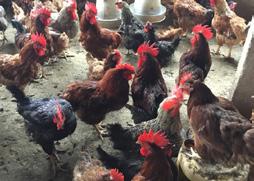
Technology development
Innovations that support adaptation, lower emissions intensity and improve animal productivity

Adaptation support
Rangeland management, feed innovations and systems that keep animals healthy despite climate shocks
Business models Technologies aren’t just invented — they’re used
Local ownership
African researchers and communities lead the charge, ensuring solutions are relevant and scalable
Where RECAF supports research
RECAF is responding to climate impacts in sub-Saharan Africa’s vulnerable hotspots:
Benin
Côte d’Ivoire Togo
RECAF’s overall objective
To support the uptake of adaptative capacities and mitigation strategies in climate change hotspots in sub-Saharan Africa for livestock smallholder farmers of all genders. The goal is to transition towards a low-carbon future through actionoriented research and capacity strengthening.
RECAF’s specific objectives
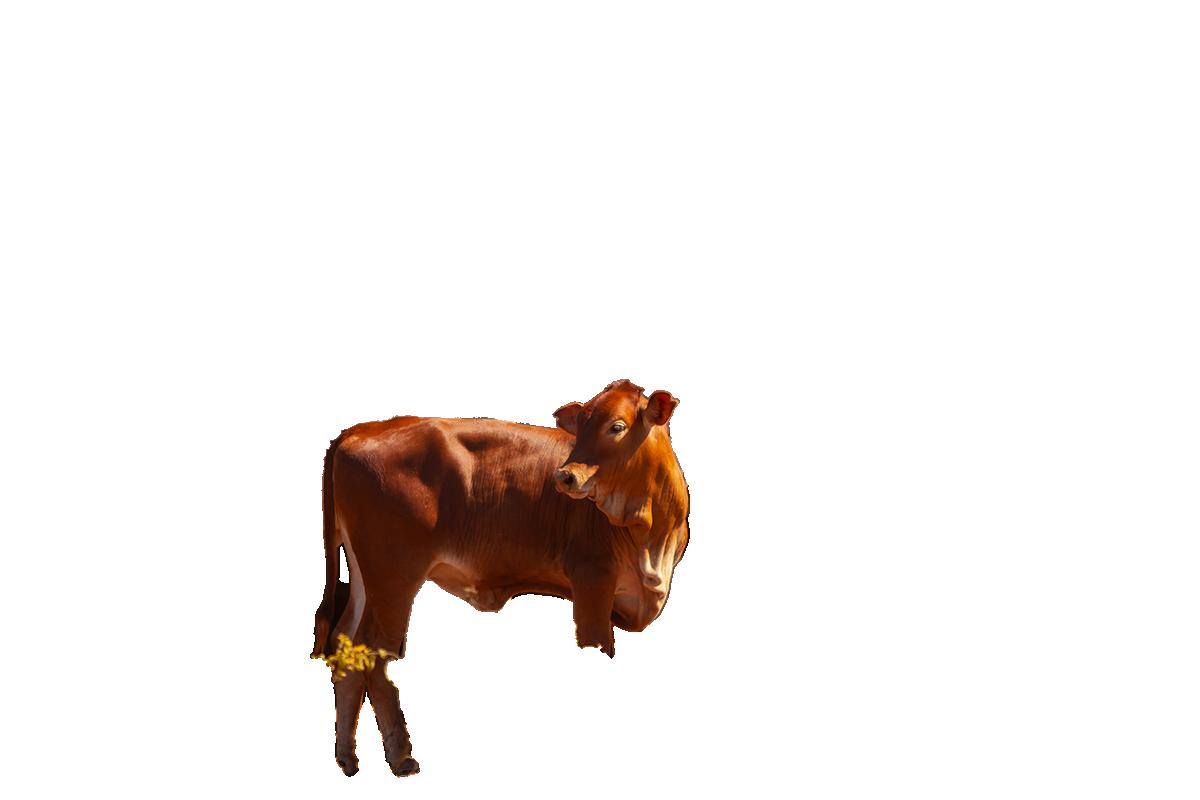
Technological innovation
To accelerate action on climate adaptation and resilience for smallholder livestock producers of all genders by
• maximizing uptake of existing knowledge at the appropriate scale for impact
• developing new climate-smart technologies and business models to improve animal productivity and production
Capacity strengthening
To enable the capacity of researchers, especially early-career scientists, and users of the developed technologies of all genders by
• maximizing the uptake of existing knowledge
• developing new climate-smart technologies and business models for vulnerable smallholder livestock farmers
Gender equality and social inclusion
To support resilience and reduce vulnerability to risks from climate change in sub-Saharan Africa for smallholder livestock farmers of all genders by
• identifying the changes needed for social, economic and political transformation for sustainable climate adaptation
• developing pathways to address identified barriers
• addressing barriers through gender-responsive and socially inclusive interventions
RECAF’s projects
Driving innovations to manage and adapt to climate impacts
1 Nutrifeed: Detoxification of cottonseed meal for sustainable livestock breeding in Benin
Lead organizations: Université d’Abomey-Calavi, Benin; Wageningen University and RONFOSTEC, Netherlands
Issue: Climate change is reducing agricultural production and suitable land for agricultural purposes. Feeding livestock from common protein resources like soybean meal competes with human nutrition. A potential solution is using cottonseed meal (CSM), a byproduct of cotton production. It’s a protein-rich feed source, but contains a naturally occurring toxin known as gossypol that limits its suitability as a feed.
Approach: The Nutrifeed project aims to develop a low-cost sustainable technology to obtain low-gossypol and nutritive CSM to enhance livestock productivity and profitability. These technologies will
• support rural development
• strengthen climate resilience
• increase the food and nutrition security of lowincome households
2 Include2Restore: Building inclusive knowledge-sharing hubs for resilient pastoral livelihoods and rangeland restoration in the East African drylands of Kenya and Uganda
Lead organizations: University of Nairobi, Kenya; Swedish University of Agricultural Sciences, Sweden; Makerere University, Uganda; Agrotecnio, Spain
Issue: The East African drylands face unique climatic and social vulnerabilities, with a history of persistent violent conflicts over resources and entrenched gender inequalities.
Approach:
how rangeland restoration can become socially and economically sustainable, leading to greater gender equity. The project uses livestock cafés to demonstrate innovative rangeland restoration and water management practices. Through collaboration and co-creation with local communities, the project will
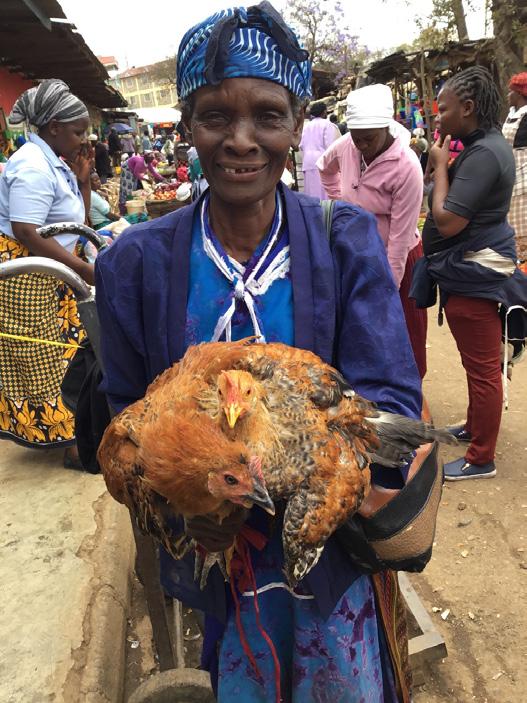
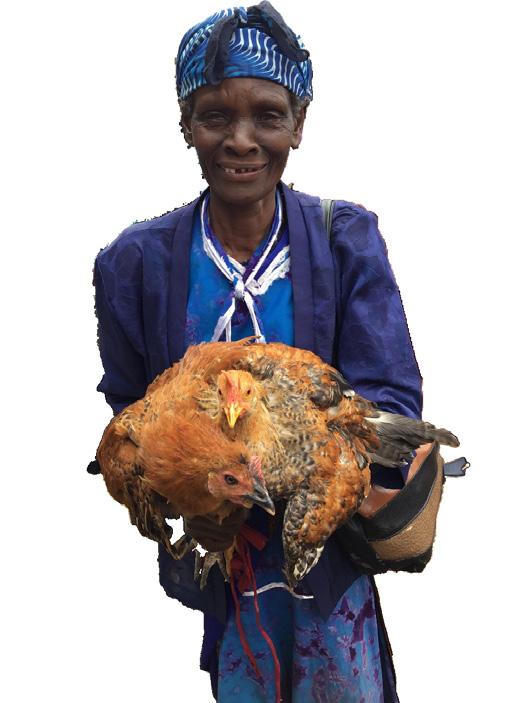
• identify rangeland management and restoration practices
• find ways to realize new financial returns that ensure inclusion and long-term sustainability
• integrate results into the livestock cafés and share them
3 Push-pull agroforestry-fodder and insectprotein production in women-led climatesmart livestock systems in Botswana and South Africa
Lead organizations: Botswana International University of Science and Technology, Botswana; Coventry University, United Kingdom; University of Pretoria and University of Venda, South Africa
Issue: Smallholder farmers, especially marginalized and women-headed families, face significant challenges due to climate change. Feed scarcity and pest and disease outbreaks threaten livestock health, resilience and family incomes. Supplementary feeding using sustainable legume fodder and insect-based protein could help address feed shortages.
Approach: This project investigates the circular, on-farm integration of sustainable practices to improve goat productivity and health. It aims to reduce environmental impacts and generate income for women. Working with local farmers, the project will
Tabby
Karanja
• co-develop pest-repellent plants to limit pesticide and herbicide use in fodder production
• establish community seedbanks for women farmers
• evaluate the feasibility and impact of combining these interventions into goat diets
4 SmartFood: Promoting endogenous climatesmart breeding practices to boost household food security in Benin, Côte d’Ivoire and Togo
Lead organizations: Université de Parakou and Vie et Environnement, Benin; University of Kara, Togo; Université Peleforo Gon Coulibaly, Côte d’Ivoire; Université du Québec à Montréal, Canada
Issue: Economic and demographic growth and urbanization in West Africa are leading to changes in eating habits and increases in meat consumption, especially beef. This is intensifying semi-itinerant livestock farming and increasing pressure on the environment. To meet growing demand where agropastoral resources are scarce due to climate change, breeders and farmers are adopting practices that do not respect the environment. This exacerbates greenhouse gas emissions.
Approach: Integrated crop-livestock-forest systems based on endogenous climate-smart practices ensures sustainable livestock systems and carbon storage in the soil and plant biomass. These practices are poorly developed and adopted, so the Smart Food project aims to
• co-construct endogenous climate-smart practices with low greenhouse gas emissions
• guarantee food security for at least 20,000 agropastoral households
• raise awareness among agropastoral actors and institutions, including young people and women
5 Integrated climate-smart livestock solutions for resilient pastoralist communities in Kenya
Lead organizations: Geneplus, Kenya; Cowtribe, Ghana; MooMe, Tunisia; Villgro Africa and International Livestock Research Institute, Kenya
Issue: Livestock farming in Taita–Taveta County, Kenya, is crucial to livelihoods. Yet it faces persistent challenges due to climate change, disease outbreaks and limited access to essential livestock services. Women, who play a central role in livestock management, often lack decision-making power, market access and veterinary support.
Approach: This project aims to enhance livestock productivity, climate resilience and gender equity through an integrated, technology-driven approach. The solution consolidates breeding, animal health and farm management services into a single digital platform. The project will
• implement a bundled service model, providing farmers access to improved genetics, vaccination and advisory support
• ensure inclusivity through multi-channel access, including mobile apps and service data
• engage local actors and scale service delivery
• demonstrate a scalable model for climate-smart, data-driven livestock management
• engage 5,000 farmers (at least 50% women) to improve economic opportunities

Funding Partnership
This work is carried out with the aid of funding from the Gates Foundation and the International Development Research Centre, Ottawa, Canada.
Website | https://idrc-crdi.ca/en/initiative/climate-resilient-animal-fund
Contact | recaf@idrc.ca
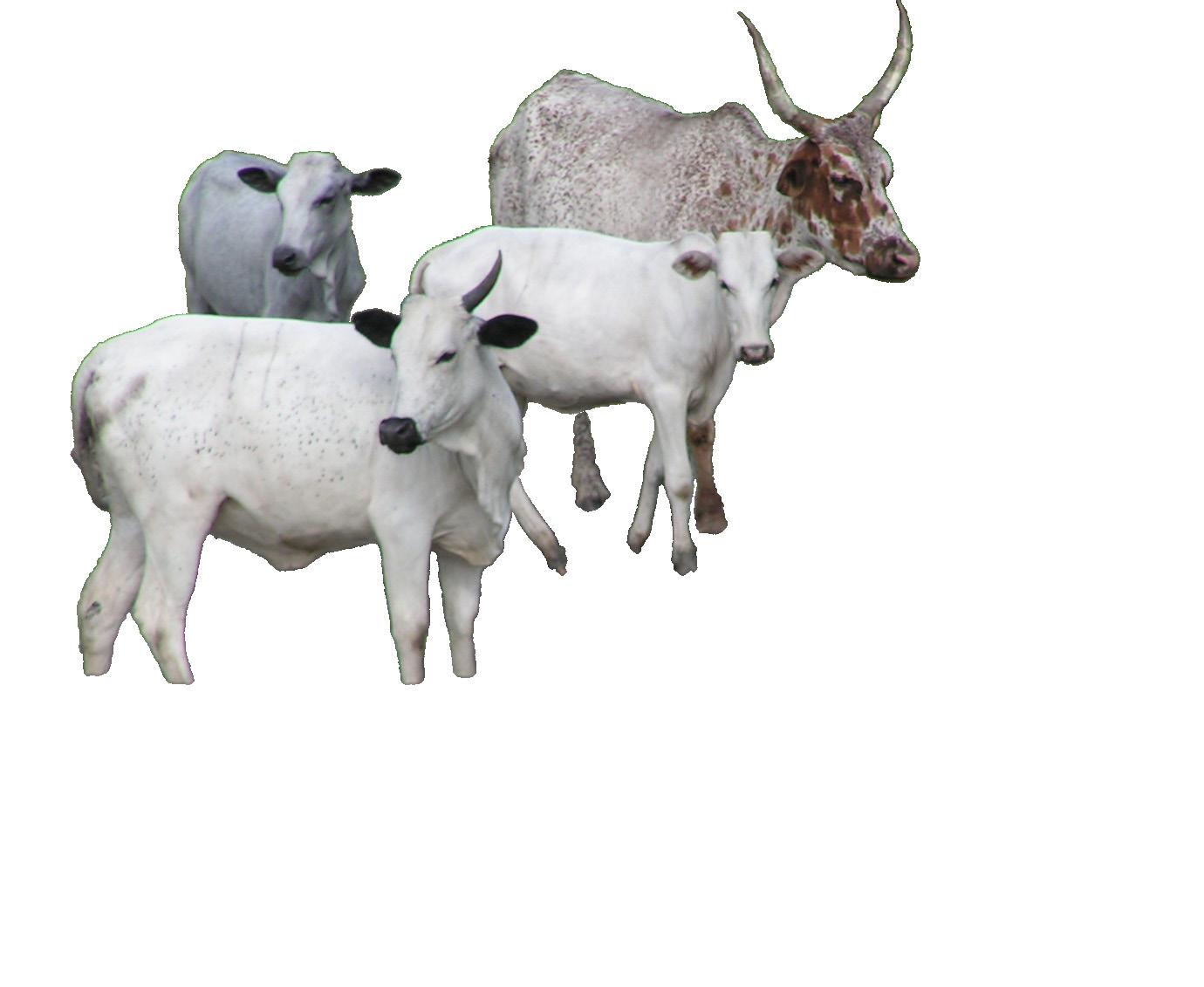
© Mohamed Nasser
BACO
